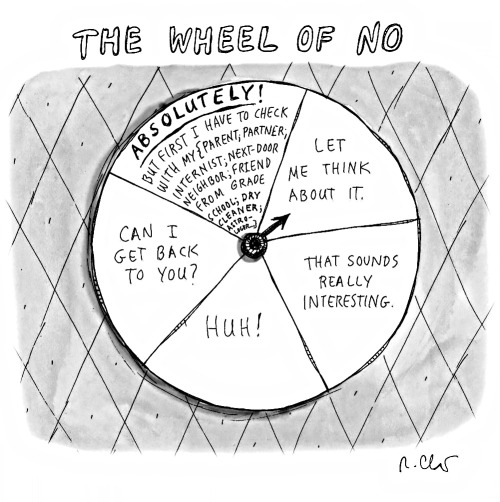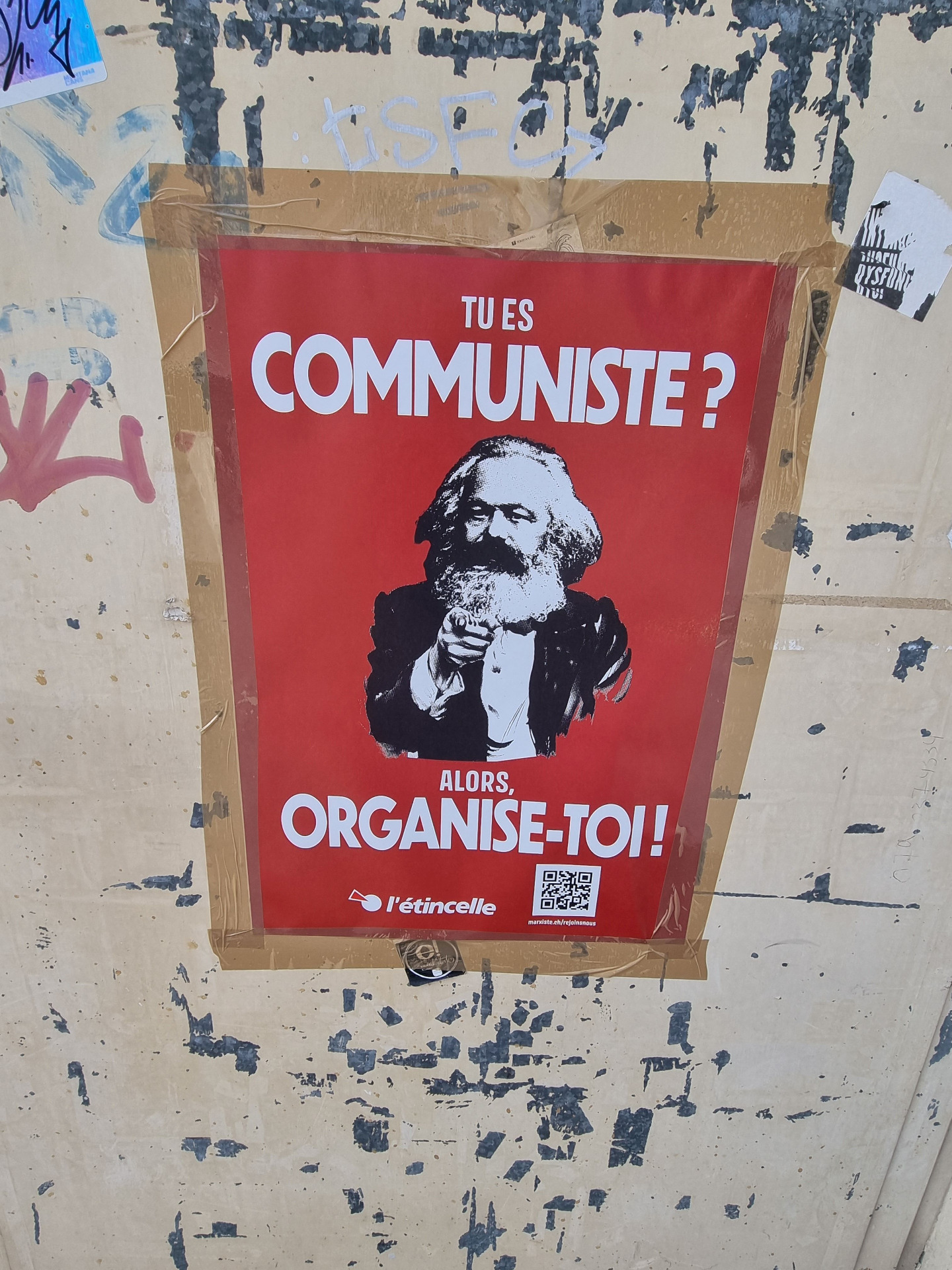I am extremely thrilled to answer your call!

Picture credit: Roz Chast
When
I relocated to French-speaking Switzerland, one of the first things I noticed
was the stark difference in communication styles. And I immediately appreciated
it! Coming from post-soviet country, where people tend to be direct and
straightforward, I was used to a style of communication that can sometimes
verge on bluntness. In certain contexts, especially in customer service, this
can come across as almost rude.
So,
at first glance, the communication style in Switzerland seemed like a breath of
fresh air.
Much
more polite.
Much
more nuanced.
Much
more diplomatic.
Emails
often feel like long, courteous exchanges, full of pleasantries and subtle
phrases.
However,
as time went on, I began to notice that this polished way of communicating,
this tendency to "gloss over the problems," can sometimes be
counterproductive.
There
are moments when a problem needs to be stated clearly and addressed head-on,
without beating around the bush.
Additionally,
I’ve found that over-exaggerating, whether positively or negatively, can feel
odd and out of place in certain situations.
Erin
Meyer in her book ‘Cultural Map’ depicts
this tendency it very vividly “I was on
a conference call with an American group yesterday, and the organizer
began: I am absolutely thrilled to be with you this morning. ‘ Only an American
would begin a meeting like this. Let’s face it everyone in the room knows that
she is not truly, honestly thrilled. Thrilled to win a lottery – yes. Thrilled
to find out that you have won a free trip to the Caribbean – yes. Thrilled to
be the leader of a conference called – highly doubtful. When my American colleagues
begin a communication with all their ‘excellents’ and ‘greats’, it feels so
exaggerated that I find it demeaning. We are adults, here to do our jobs and to
do them well. We don’t need our colleagues to be cheerleaders.
Exactly.
The old saying "Actions speak louder than words" is still relevant in
most situations













